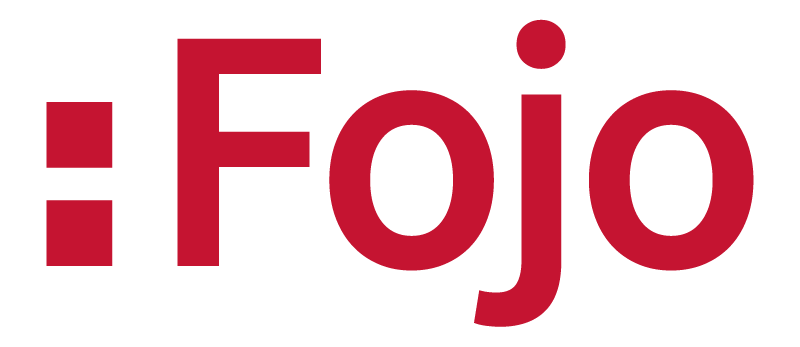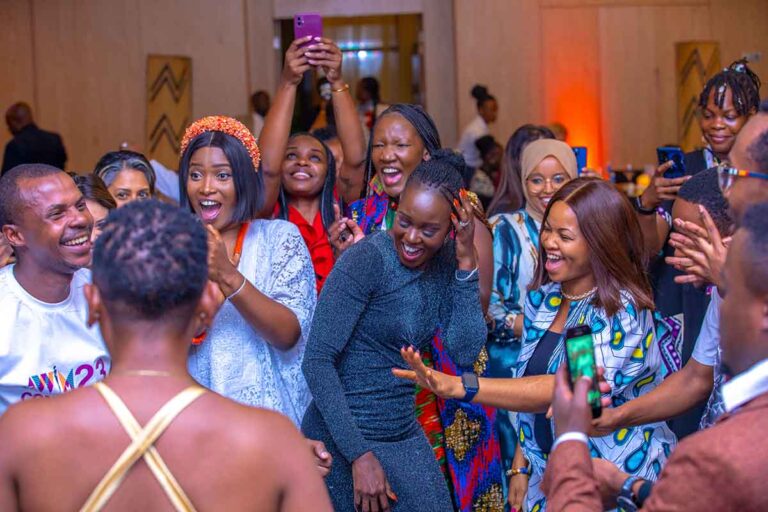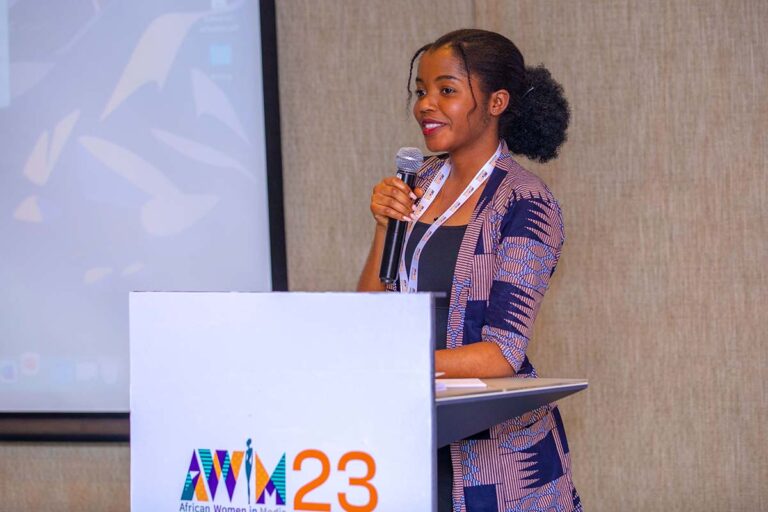Journalism in Rwanda cannot be understood without consideration for the 1994 genocide in which the media played a crucial role in spreading hate propaganda. This experience affects Rwandan people’s relationship with media and influences everything from legislation to self-censorship among journalists, as well as public skepticism towards the media.
The value of a professional media for the country’s development is increasingly recognised by media stakeholders, development actors and the Rwandan government. The transformation of the former state broadcaster ORINFOR into a public broadcaster (RBA) and the liberalisation of media laws in 2013 are some key developments in this direction. There is still a long road ahead to a free media. However, there is a momentum to build on reiterated not least by a strong call from Rwandan journalists themselves.
Fojo’s work in Rwanda began in 2015 through a collaboration with the School of Journalism (SJC) at University of Rwanda. This led to a modernised curriculum with an increased emphasis on practical journalism skills. As part of the project, experienced journalists from Rwanda, Sweden and East Africa came to teach at the university. The project also built closer ties between the journalism school and the media industry and led to stronger academic connections with other universities in the region.
What we do
In 2021 Fojo expanded to a broader media programme to achieve an effect across the media sector. Beyond journalism education institutions, we work with commercial and non-profit media as well as the public service media provider RBA (Rwanda Broadcasting Agency).
Sign up to our RMP newsletter
About the programme
Sustainable Development Goals in this project:



Themes
- Journalism education
- Public service media
- Professionalisation
Partners
- Rwanda Broadcasting Agency (RBA)
- East African University of Rwanda
- Institut Catholique de Kabgayi (ICK)
- School of Journalism (SJC) at University of Rwanda
- Mount Kigali University
Funder
- Sida
- SDC
- Thomson Reuters Foundation
Team
Annelie Frank
Programme Manager
Fulgence Niyonagize
MKU*, Media Coordinator
Claudine Mahoro
MKU*, University Coordinator
Marie Anne Dushimimana
MKU*, Gender Coordinator
Jean de Dieu Ngendahayo
MKU*, Project Accountant
Assoumani Ntakirutimana
Fojo consultant, Sustainable Journalism Coordinator
Jonas Nyman
Project Coordinator
Linda Liedström
Project Coordinator
Marie Nilsonne
Account Manager
Sofia Hultqvist
Regional Manager
*Employees of our partner Mount Kigali University to implement Rwanda Media Program.
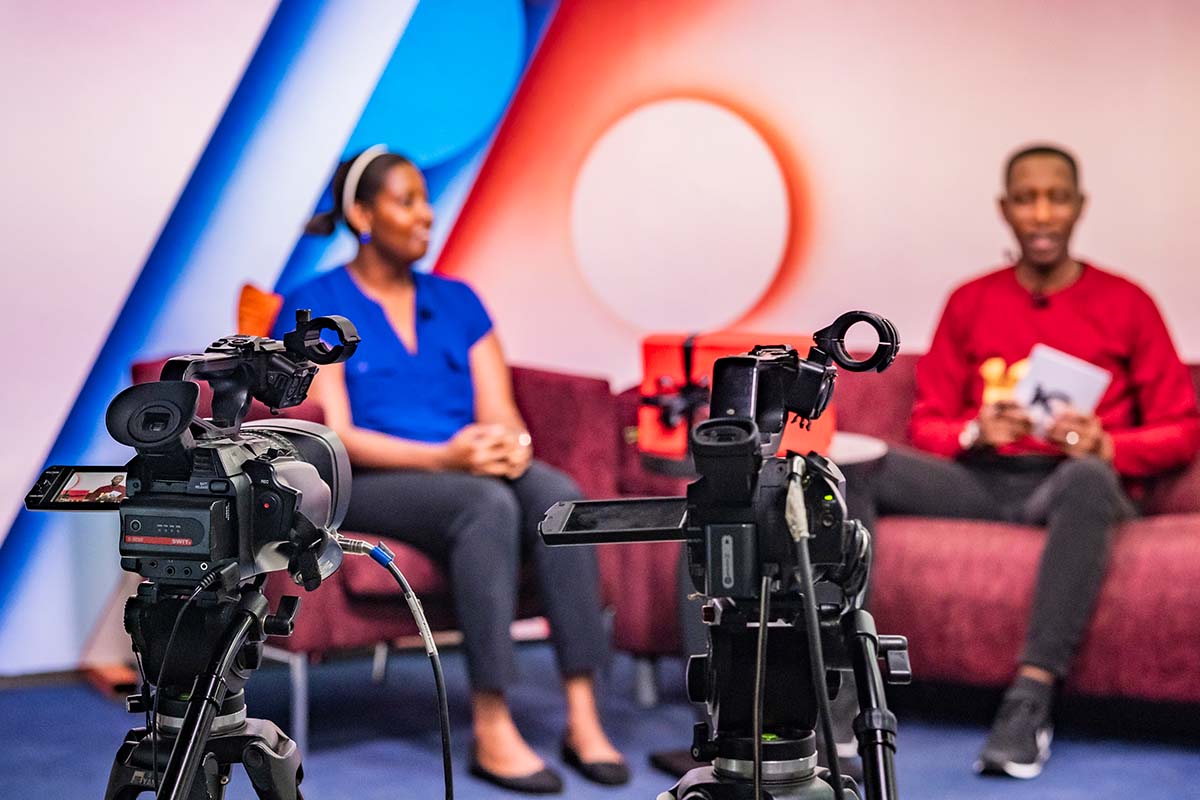
37
media houses capacitated in strategy and media viability
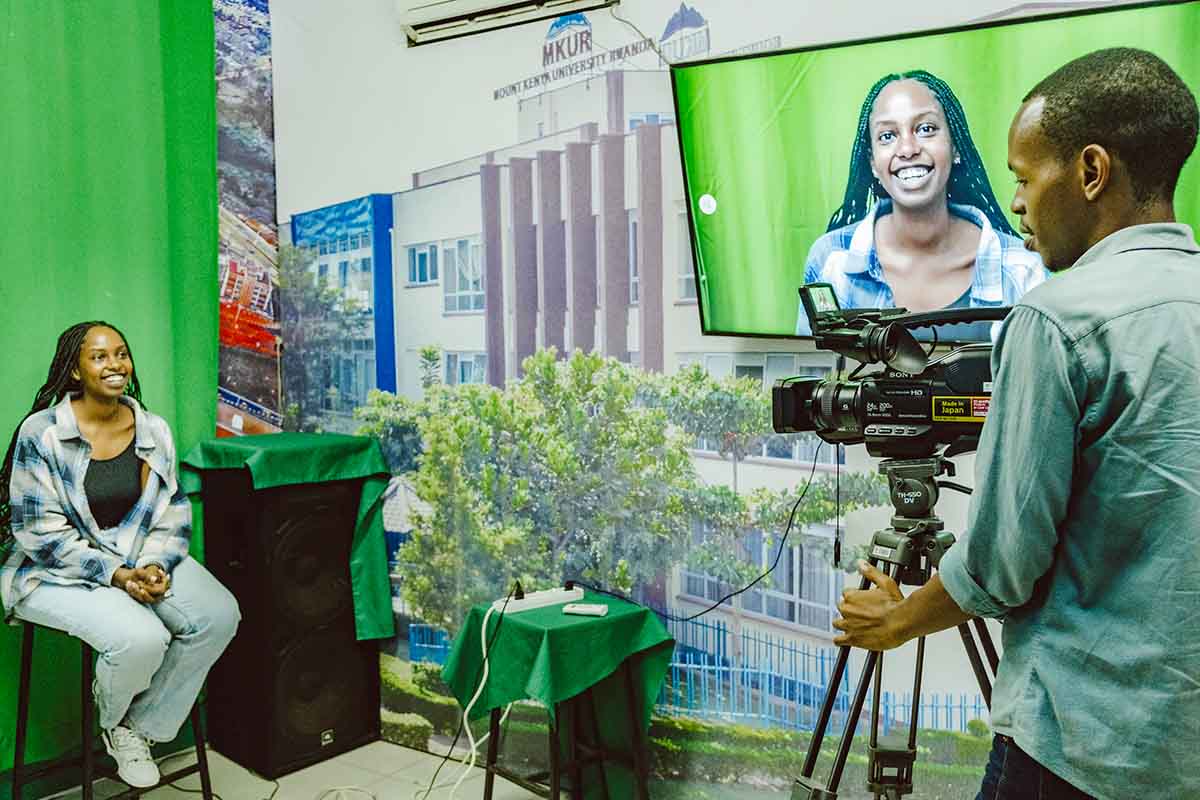
153
students enrolled in gender clubs
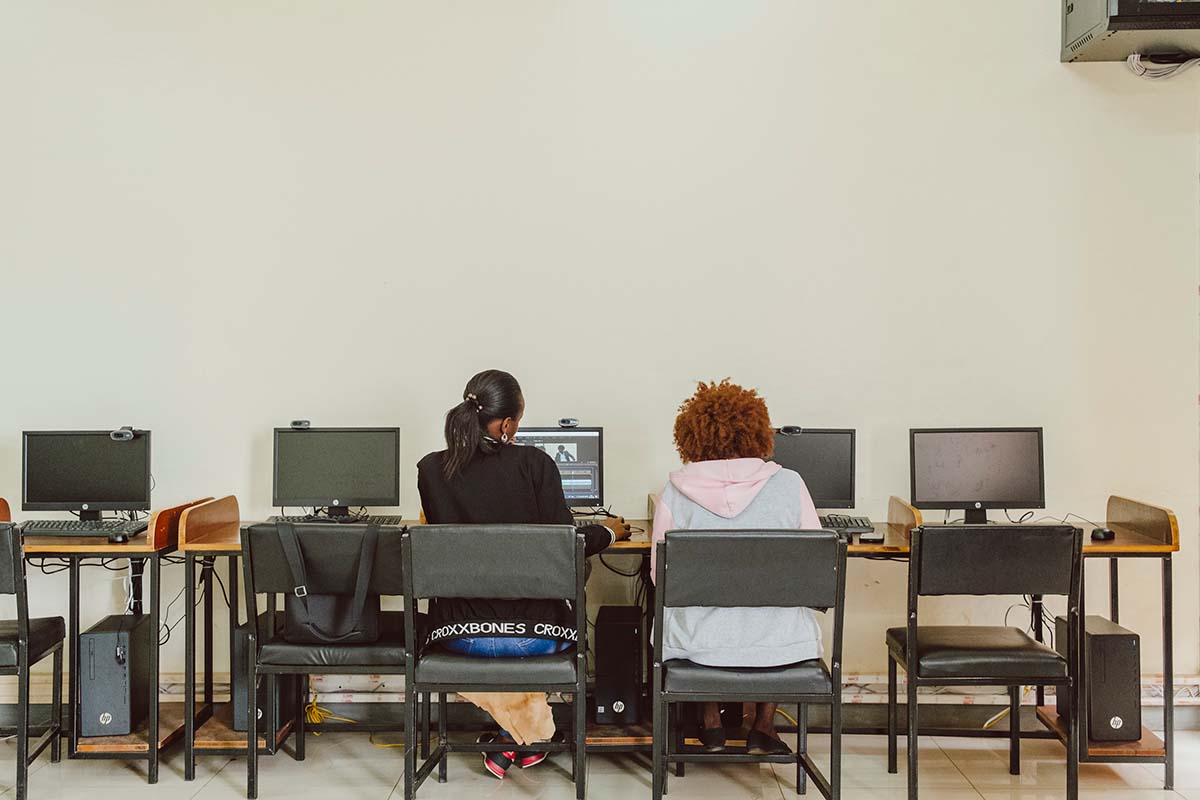
34
media organisations committed to anti-sexual harassment policy

